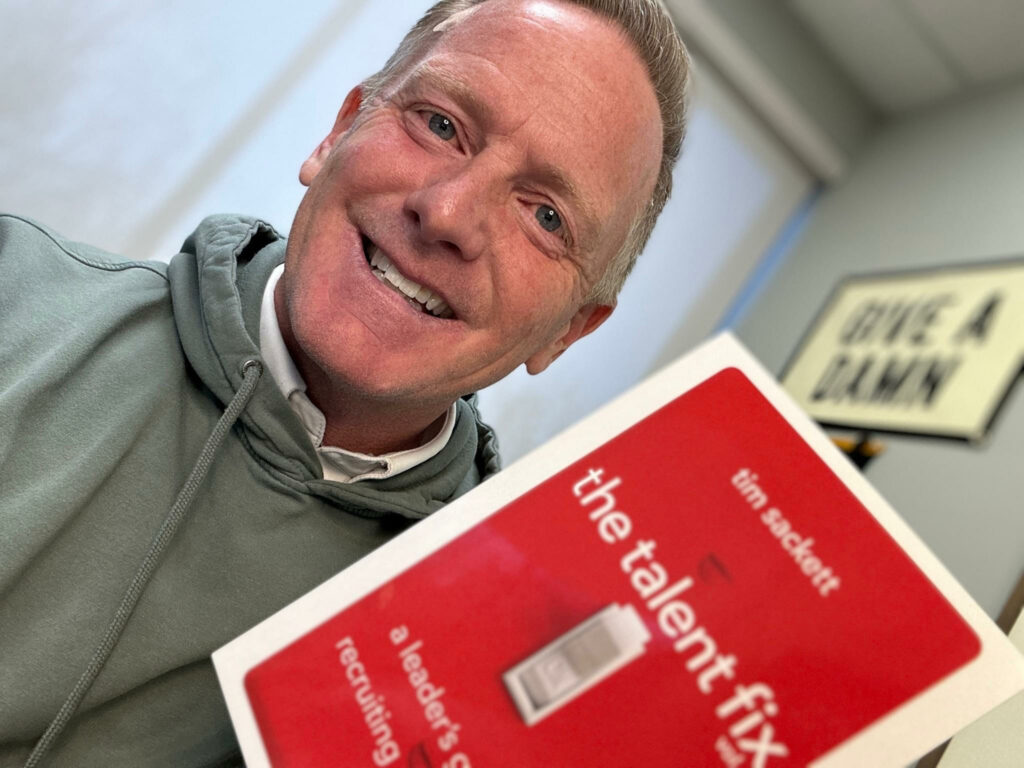When I started in Talent Acquisition and HR, I was sold on the idea that checking references was the key to snagging top-notch hires. The whole “past performance predicts future performance” spiel is practically carved in stone tablets right?
But around 100 reference checks into my HR career, I stopped believing it. Either I was a hiring genius (mostly true), or the reference check thing was a massive hoax.
Reference checks are the perfect scam. And not just any scam, but a scam that everyone is in on. Everyone knows the set up: The candidate wants the job, so they want to make sure they provide good references. The candidate provides three references that will tell HR the candidate walks on water. HR accepts them and actually goes through the process of calling these three perfect references.
Let’s face it: When was the last time a company passed on a hire based on a reference check? Most draw a blank; we hire based on references every single time. Is that a solid system? If you’re struggling for an answer or it’s always ‘never,’ maybe it’s time to rethink the whole reference check circus.
- Get Your Own References: Ditch the usual references candidates throw at you. In interviews, get the names of their old bosses. Give them a call – you might get some real talk even if official references are a no-go.
- Go Automated: Use fancy tech for reference checks that doesn’t make references feel forced into singing praises. It spills the beans on a candidate’s work style without giving away the game.
- Fact-Check with Tech: Google, Facebook, LinkedIn – they’re not just for stalking. Use them to fact-check a candidate’s story. With over half of people stretching the truth on their resumes, tech is your truth serum.
Smart HR folks should question a system that gives the green light to almost everyone. Catching less than 0.1% of fakers isn’t a sign of quality; it’s just lazy.
Break the mold, try new things, and maybe your company will see you as the one who can pull off walking on water.
What are your tips for checking references?

